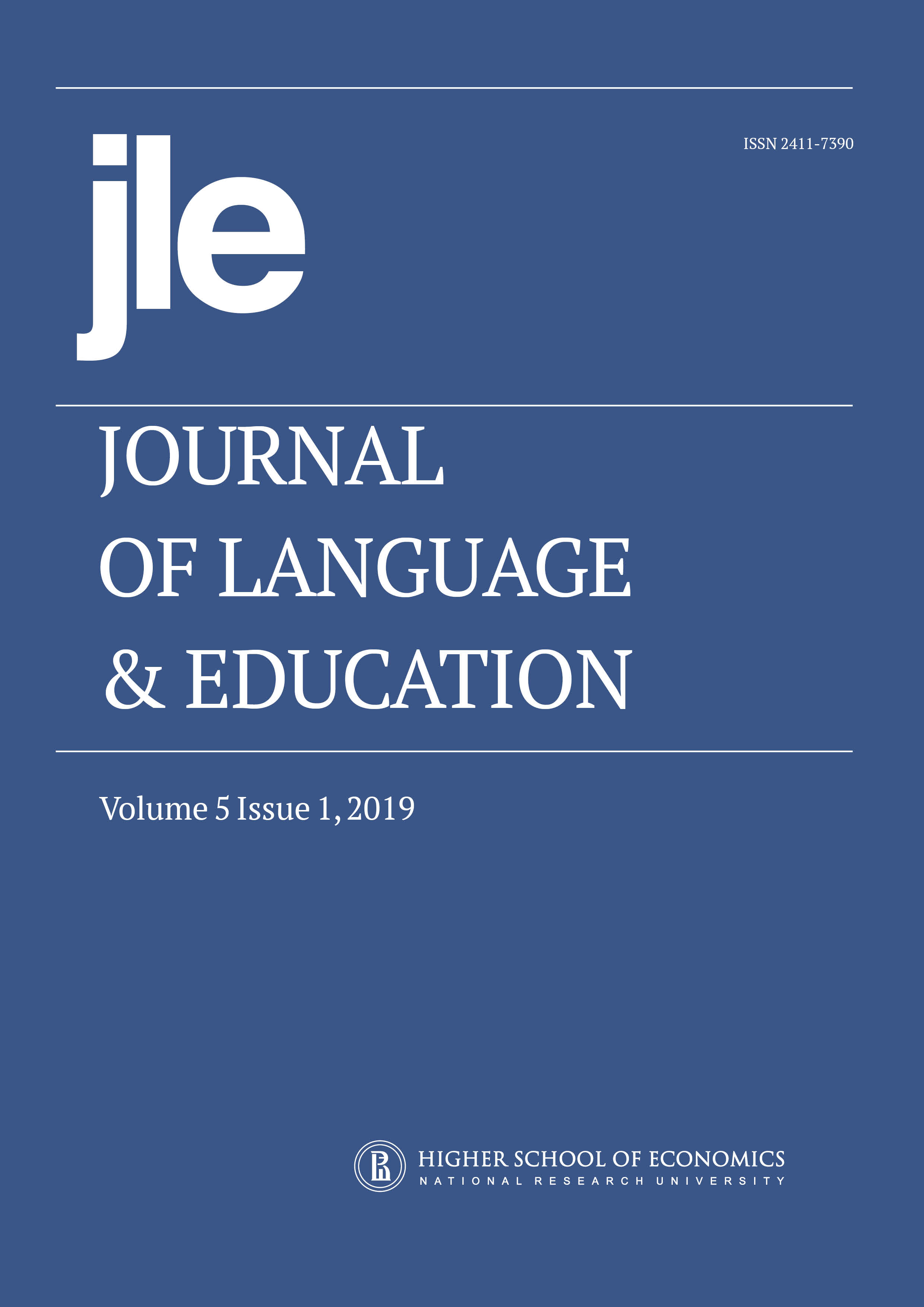Fairness and Ethics in Multiple Choice (MC) Scoring: An Empirical Study
Abstract
One among the main concerns of language testers in the design and implementation of tests is selecting the method of scoring for the tool used to perform the evaluation. This attribute indirectly reveals the tester’s ethical beliefs and personal stance on testing pedagogy. This is another study challenging the typical 1-0 method of scoring in Multiple Choice Tests (MCT) and implements, for experimental purposes, a simple polychotomous partial-credit scoring system on official tests administered for the National Foreign Language Exam System in Greece (NFLES-Gr). The study comes in support of earlier findings on the subject by the same authors in analogous smaller-scale studies. The MCT items chosen were completed by a total of 1,922 subjects in different levels of the NFLES-Gr test for Italian as an L2 in Greece. Results clearly indicate that the tested scoring procedure provides refined insights into students’ interlanguage levels, enhances sensitivity in scoring procedures, and may provide significant differences for testees found to be close to the pass/non-pass borderline without jeopardizing test reliability.
Downloads
Authors who publish with this journal agree to the Copyright Notice.



